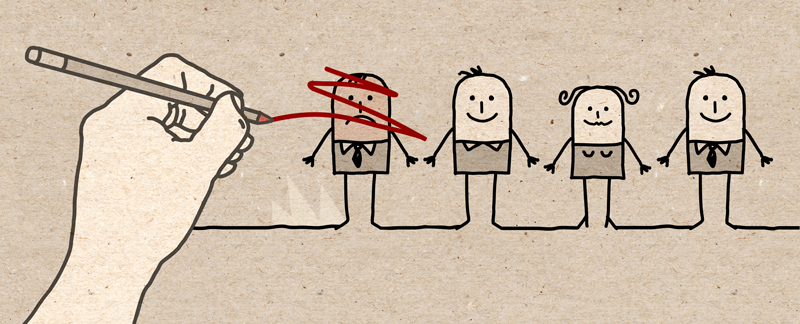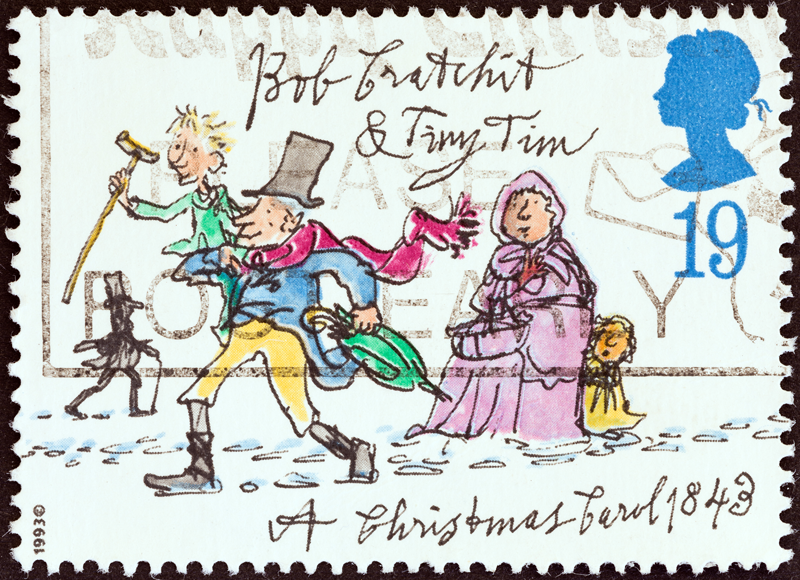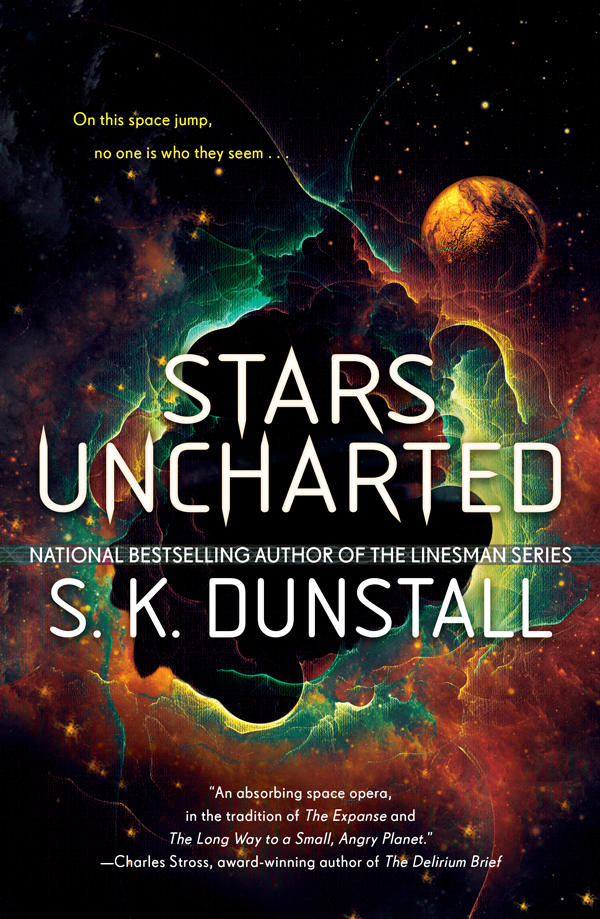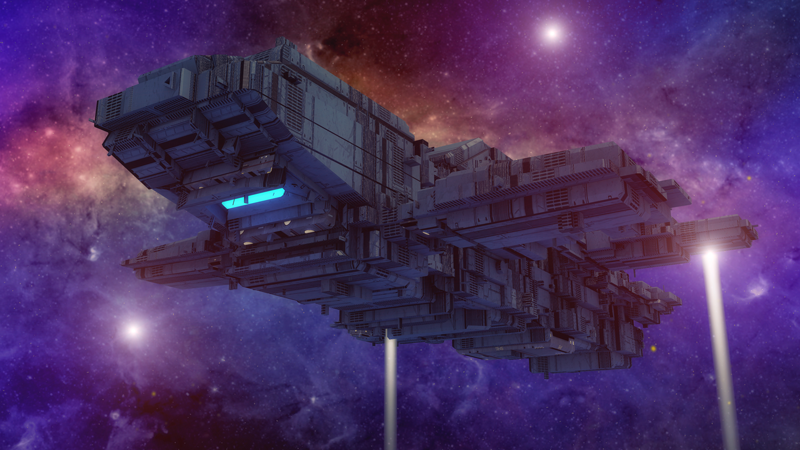
A couple of days ago, on Twitter, Isabel Yap (@visyap) started a thread that asked,
“What are some things you like in stories (not tropes, necessarily), that you are always down for?”
I read all the comments, agree with a lot of them, and came up with my own list of things I particularly enjoy.
Deep platonic friendships
Friends who are there for each other. People enjoy each other’s company, can be honest to each other, tell them their thoughts and hopes and dreams. And of course, in the stories we like to read and write, can also trust that their friend will save them if they get into trouble, and knows that they will do likewise if their friend gets into trouble.
Found families
My family life was practically idyllic, so far as I can tell. Loved Mum and Dad, still get on well with my siblings. I have no idea why I love found families so much, but I do. This is where a group of disparate people—usually lonely, often without family of their own—come together in a family group. In fact, right now we’re toying with a story just like that. An alien, a human down on his luck, and a kid whose own father was violent, so he ran away from home.
People have mentioned Stars Uncharted is a found family, too.
Happy endings
When I finish a book I like to finish feeling satisfied. That usually means a happy ending.
Bad guys who aren’t pure evil
I hate it when the bad guys are purely evil, with no redeeming features at all. The thugs are just thugs, the evil company is evil all the way through, and so on.
It’s easy to make people and organisations purely bad. The enemy in Stars Uncharted is a lot more simplistic than the enemies in the Linesman books.
Banter
Love the quick back and forth repartee between characters. It makes a story fun, shows that they’re friends (usually), and demonstrates character. When we were younger, Ivan Southall’s Simon Black series was our favorite duo who talked back to each other. (They’re kids’ SF books, love them still, but they haven’t aged well, except the first one, which wasn’t science fictional at all, but about World War II.)
I have, however, read books—which shall remain unnamed—where the banter didn’t work, so it’s not as easy to write as it looks.
Strong sentiment, lots of emotion
Laugh out loud moments, moments that make you cry, no matter whether you’re in public or not, even those lovely little bits of romance that thrill (not the sex, just the pieces where you go, ‘ooh’ and go back and reread all the time).
Happy endings
The world is depressing enough sometimes, particularly if you listen to the news, nowadays. Of course there are good bits, but it’s nice to know when you escape to a book that you’re going to feel good at the end of it.
Strong women
I don’t need kick-ass women all the time, but I really don’t want women who have no control over their own lives.
Then again, I don’t like books where men have no control over their own lives, either, and I’ve read a few of them lately. There’s one author I love, but I refuse to read any more of her books because she’s done that to her main character (male) in two series now.
No, characters have to have some control over what they do and how they live their lives.
Science fiction and fantasy with gender and race equality
Which leads on to the next thing, which drives me crazy, particularly in fantasy. Books where the author has built an amazing world, plus an awesome magic system, and then they base a woman’s role on a quasi-medieval western Europe role, and a non-white person’s role on the same. Women are chattels, owned by their husbands or fathers, colored people are slaves, or semi-human.
You’ve built a whole world, and you stop right there. It doesn’t have to be that way.
Non-perfect characters
Given that we wrote about Ean, who is a classic ‘special person’, you can see that we have no objection to a story about a chosen one, or a (technical or strategic) genius, or any of the—can I call them—tropes that are used in science fiction and fantasy. No, the real issue is when they’re perfect people with it.
They have to have some failings. Because no one is perfect, and perfect people are difficult to like.
Stories with big ideas
Anne Leckie’s Ancillary Justice with a ship, the ancillaries and a single person all as one entity. Vernor Vinge—how to murder someone by leaving them to die in real time in Marooned in Real Time, or how not to pay call centre staff, in The Cookie Monster. Big ideas, science fiction that makes you think.
Fantasy, too. You can’t go past the bridge builders in Brandon Sanderson’s The Way of the Kings, or even the magic in Robin Hobb’s Soldier Son series. (Miserable books, those, but the last story ended on a high note. I reread the end quite a few times.)
Not-so-alpha males
I like to know how my male characters feel, and what they think, not just what they do. In many stories, that makes them less-than-alpha. So be it. They’re the best.
And let’s face it, in real life, a true alpha male is not generally a really nice person. They tend to be arrogant, take-charge, think they know everything and refuse to listen to anyone else.
Strong family relationships
I know I said earlier that I like found families, but I do like books where people who are part of a blood family actually get on with each other, and love each other, and have contact with each other. So many characters in fantasy and science fiction seem to have no families at all.
Children’s books are often the same. Parents and siblings are totally out of the picture. Yet for some reason, when we get to young adult, the family is around all the time, causing the main character grief. (And isn’t it nice when you find a young-adult novel where the hero or heroine has a good relationship with both parents?)
Fun in a story
I love stories with a dash of humor. They don’t have to be laugh-out-loud funny, just make me smile.
So that’s my list. What’s yours?
(p.s. Today’s blog is a total mix of US and UK spelling, not even one or the other. Sorry. I just went with what worked for me, today.)








